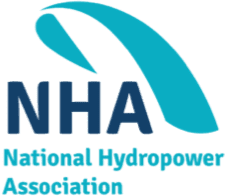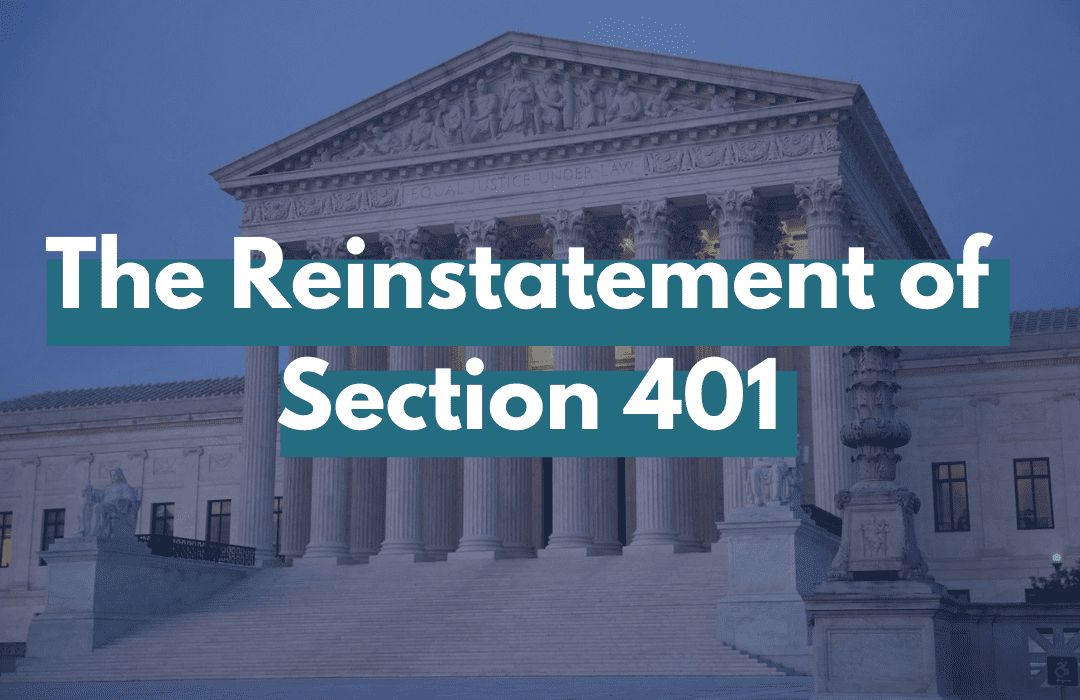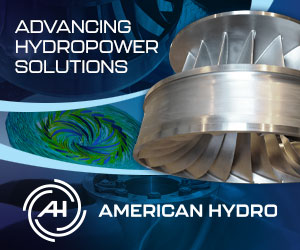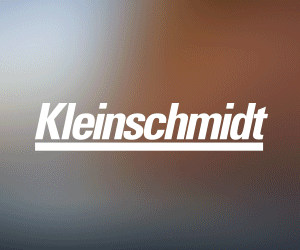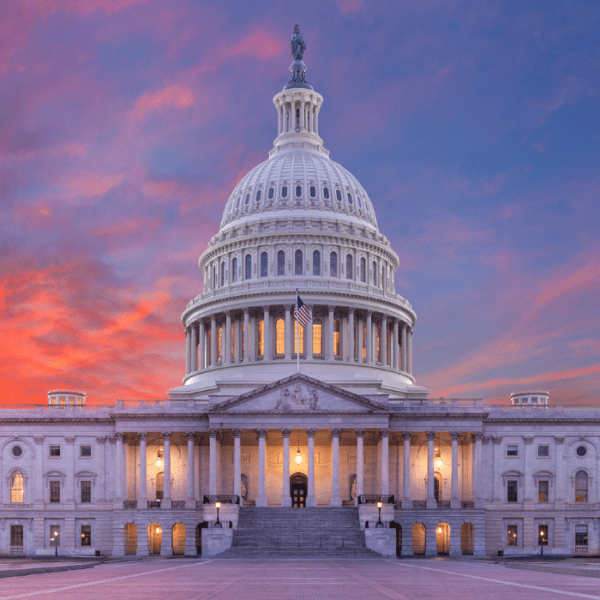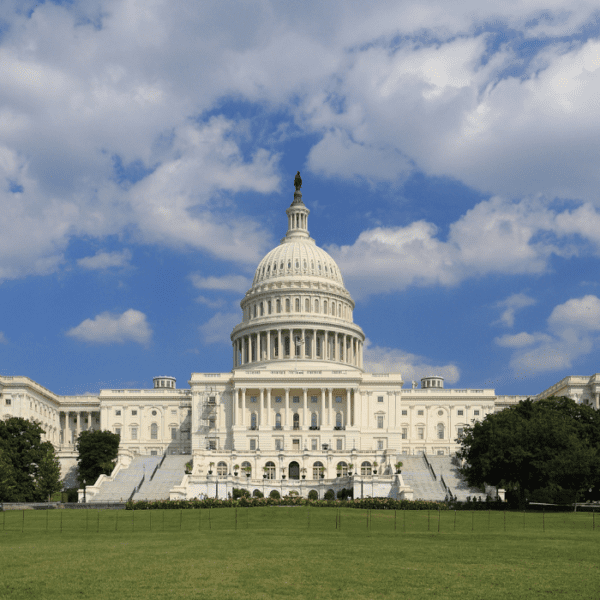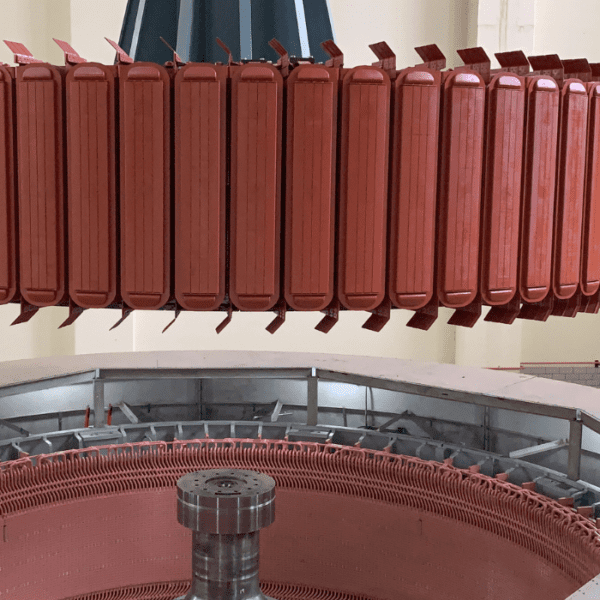What does the Supreme Court’s April 6, 2022, reinstatement of the Trump Administration’s Clean Water Act Section 401 Rule really mean for hydropower?
For now, applicants for water quality certifications will again be subject to the Trump-era Certification Rule, which provides clarity about the certification process and the scope of conditions that can be imposed in such certifications.
THE DEEP DIVE: WHAT HAPPENED?
The hydropower industry has strongly advocated for greater clarity about the state certification process required by Clean Water Act Section 401. Much of that clarity was included in the Trump Administration’s Clean Water Act Section 401 Rule (referred to in this article as the Certification Rule). The Certification Rule was challenged in three separate courts, and the Biden Administration has announced that it is working on revisions. The National Hydropower Association (NHA) intervened in each case challenging the Certification Rule.
In all three courts, the Biden Administration requested that the Certification Rule be remanded to the Environmental Protection Agency (EPA) for reconsideration, with the rule remaining in effect during the reconsideration process. Two of the courts granted that request, but the Northern District of California (District Court) did not. Instead, the District Court vacated the Certification Rule. This decision created uncertainty and delay in Section 401’s certification process.
The National Hydropower Association, the American Petroleum Institute, the Interstate Natural Gas Association of America, and several states appealed the District Court’s decision to the Ninth Circuit, which upheld the vacatur decision. NHA and the other parties then appealed that decision to the U.S. Supreme Court.
On April 6, 2022, the U.S. Supreme Court stayed the vacatur order, reinstating the Certification Rule. The decision consisted of a one-paragraph ruling without substantive explanation—a recent trend by the court in similar emergency actions that do not address the merits of a case but focus on whether a nationwide vacatur order should remain in effect.
WHY THE SUPREME COURT RULING MATTERS
The Supreme Court’s decision has had an immediate impact on the regulated community. Current applicants for water quality certifications will again have the benefits of the Certification Rule, which streamlines the state and Tribal review process and clarifies the scope of conditions that can be imposed in such certifications.
The reality, though, is that the Certification Rule may be short-lived. The EPA has developed and submitted on March 25, 2022, a replacement rule to the Office of Management and Budget for interagency review, initiating the regulatory process for a new rule.
The final rule is expected to be issued in 2023, and the EPA has not yet publicized whether the Supreme Court’s reinstatement of the Certification Rule has changed its process or timeline.
WHAT COMES NEXT?
With the litigation and the Biden Administration proposal pending, the issue will continue to evolve. While the Certification Rule includes specific language regarding the one-year timeline for states to issue a 401-certification decision, the Hoopa Valley Tribe decision and other court rulings on the one-year period and related waiver decisions, which are based on an interpretation of the text of the Clean Water Act itself rather than the regulation, are controlling on this issue.
Thus, the key issue addressed by the Certification Rule that could be impacted by the litigation, and the rule revision, is the scope of the conditions that states can impose as part of the certification process.
For now, currently pending water quality certifications are subject to the Certification Rule. If the Biden Administration’s proposed rule, once public, seeks significant changes to the Certification Rule, then this is likely to create further confusion and controversy.
REFERENCES
More information about the court cases mentioned in this article can be found at these sources:
- https://www.hydro.org/powerhouse/article/court-decision-to-vacate-remand-state-water-quality-401-certification-rule-leads-to-disruption-2/
- https://www.hydro.org/powerhouse/article/confusion-continues-on-how-to-interpret-clean-water-certification-regulations/
- https://www.hydro.org/powerhouse/article/court-of-appeals-ruling-seen-as-significant-stride-forward-in-long-march-toward-licensing-reform/

